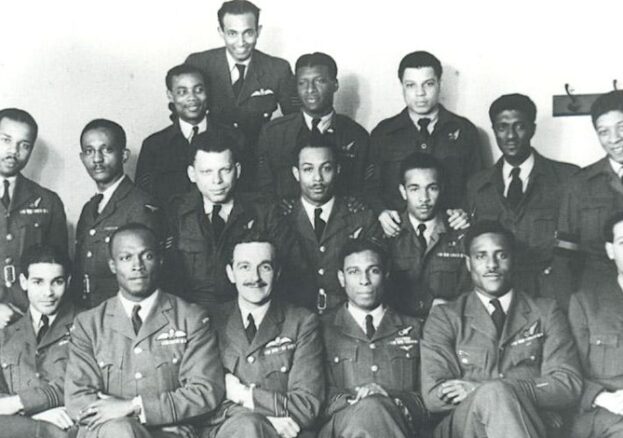
Legendary activist and cultural historian Professor Patrick Vernon OBE reflects on how to protect Black history and media in a time of rising right-wing activity.
Through a combination of presentation and film, he shares insights from decades of work campaigning for racial justice, cultural recognition and the preservation of Black history.
Professor Vernon is best known for landmark achievements such as launching the 100 Black Britons campaign in 2003 and publishing the best-selling follow-up book in 2020, securing national recognition for Mary Seacole, and ensuring Windrush Day became a national event in 2018. He also played a key role in exposing the Windrush scandal and has consistently fought for the recognition of Black contributions to British history.
His work includes publishing the first edition of Robin Walker’s groundbreaking book When We Ruled in 2005, developing and later rebuilding the Every Generation website after it was destroyed by racist hackers, and curating the influential Museum of Grooves radio show on Afrofuturism and Black history. He has also promoted campaigns such as ‘Save 17 Years of Black History at the BFI: African Odysseys’ — which now has over 17,000 signatures — and created rare films about Caribbean World War II veterans, including Eddie Noble: A Charmed Life.
The event will explore the importance of history, archives and documentation in protecting Black narratives, while examining how mainstream media continues to whitewash the history of the World Wars. It will also highlight the significance of African Odysseys and the work of independent Black filmmakers in telling stories too often ignored by the mainstream.
Discussion will extend to how politics, history and mental health intersect, and how race equality laws should apply in practice — particularly in institutions such as the police, universities, hospitals and the British Film Institute.
Drawing on his vast experience, Professor Vernon will share lessons learned, explore solutions to ongoing challenges, and consider the way forward for safeguarding Black history and cultural memory in the face of hostility and erasure.
